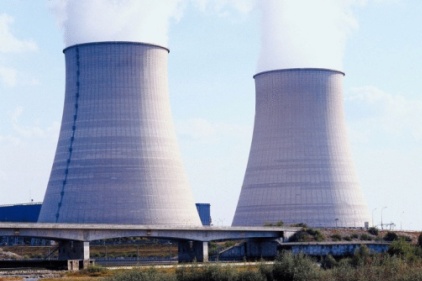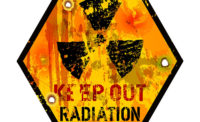 Around 2,000 people who have worked at Japan's wrecked Fukushima nuclear plant face a heightened risk of thyroid cancer, its operator in recent news reports.
Around 2,000 people who have worked at Japan's wrecked Fukushima nuclear plant face a heightened risk of thyroid cancer, its operator in recent news reports.
Tokyo Electric Power (TEPCO) said 1,973 people -- around 10 percent of those employed in emergency crews involved in the clean-up since the meltdowns -- were believed to have been exposed to enough radiation to cause potential problems.
The figure is a 10-fold increase on TEPCO's previous estimate of the number of possible thyroid cancer victims and comes after the utility was told its figures were too conservative.
Each worker in this group was exposed to at least 100 millisieverts of radiation, projections show.
The huge utility, which has faced frequent criticism for downplaying dangers and not being forthcoming about problems at the site, revised its method of estimating the level of radiation exposure among workers earlier this month.
TEPCO reported to the World Health Organization in December that only 178 workers at the plant were believed to have received radiation doses to their thyroid glands above 100 millisieverts.
Japan's health ministry voiced concern that the criteria the company used in its estimates of exposure for its own workers as well as for those employed by contractors were too narrow, and called on the utility to re-evaluate its methods.
There were also errors in calculations and differences of interpretation.
Not all of the approximately 20,000 workers have actually been tested. The numbers have been arrived at by extrapolating the results of tests that have been carried out.
All 1,973 workers now deemed to be at increased risk of thyroid cancer are eligible for an annual thyroid checkup and other health services paid for by the company.
TEPCO has already informed those affected about the health and monitoring programmes.
While the natural disaster claimed more than 18,000 lives, no one is officially recorded as having died as a direct result of the radiation released by the disaster.







